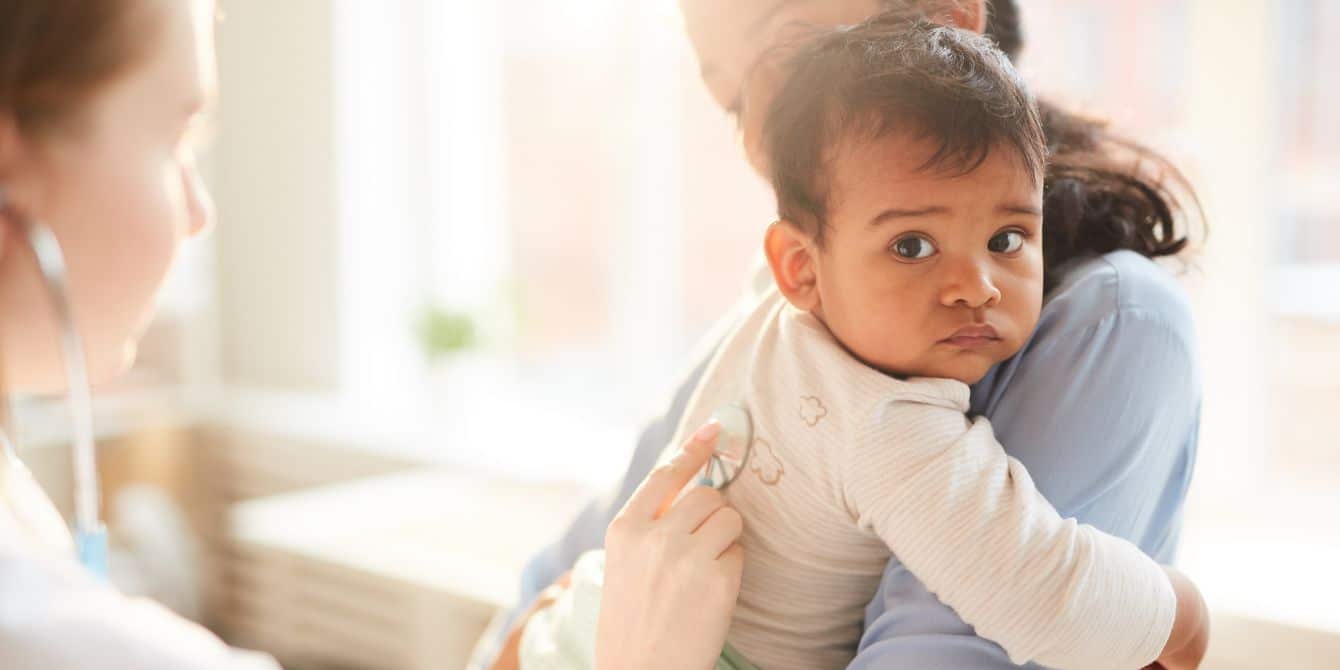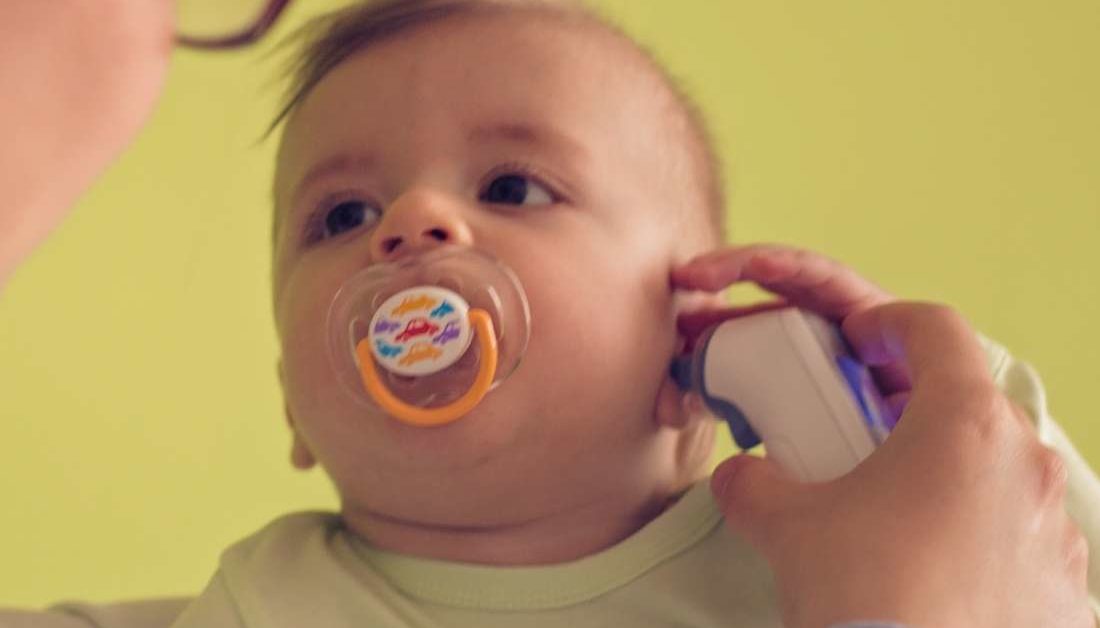rsv in babies meaning
RSV is a virus that is easily transmitted through droplets. RSV is the most common germ that causes lung and airway infections in infants and young children.

Transmission And Prevention Of Rsv Respiratory Syncytial Virus Cdc
It is more common in winter and early spring months.

. Babies can inhale these droplets from peoples coughs or sneezes or if they touch a contaminated surface such as a. RSV can occur in children. RSV infection can cause cold-like symptoms including a cough and runny nose which usually last 1 to 2 weeks.
Infections usually peak in late autumn or winter in NSW. Call your baby s doctor if you notice any of the. RSV is the leading cause of bronchiolitis an infection of the small airways in the lung in babies and infants which make breathing harder and cause difficulty feeding.
Its so common that most children have been infected with the virus by age 2. Respiratory syncytial virus or RSV is a virus that causes respiratory infections. In infants and in young children RSV is the most common cause of lower respiratory tract infections.
Outbreaks of RSV infections most often. You may not be able to shorten the length of a respiratory syncytial virus infection but you can try to relieve some signs and symptoms. If your child has RSV do your best to comfort.
RSV is most common in infants between 2 and 8 months of age. Respiratory syncytial virus RSV causes infections of the lungs and respiratory tract. Most infants have had this infection by age 2.
However in infants older adults. Most babies have been infected at least once by the time they are 2 years old. First what is RSV.
Respiratory syncytial virus RSV is a common highly contagious illness that often causes mild upper respiratory symptoms similar to a cold. RSV is a common respiratory virus according to the CDC. RSV is a viral illness that causes trouble breathing.
Respiratory syncytial virus RSV is a common virus that infects the lungs and breathing passages. When to see a doctor. It can also lead to pneumonia an infection of the lungs.
Babies with RSV can develop bronchiolitis which causes coughing wheezing and labored breathing. It usually causes mild cold-like symptoms but the virus can be seriousespecially in infants and. What is RSV.
Your baby can get RSV at any time of. Almost all babies get it before the age of 2.

Rsv In Infants Children S Health
/Getty_Images_1174925902-2000-b6cf92bb3c5d42efb2b4611a83195ad8.jpg)
Rsv In Infants Everything Parents Need To Know

The Burden Of Respiratory Syncytial Virus Understanding Impacts On The Nhs Society And Economy Rand

Respiratory Syncytial Virus Rsv Definition Symptoms Treatment Transmission
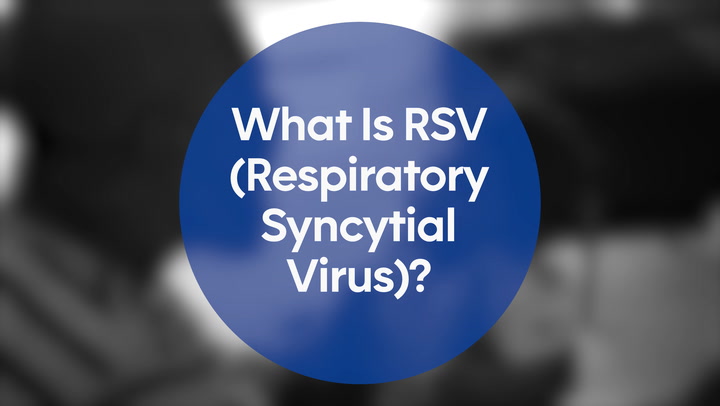
What Is Rsv Respiratory Syncytial Virus Goodrx
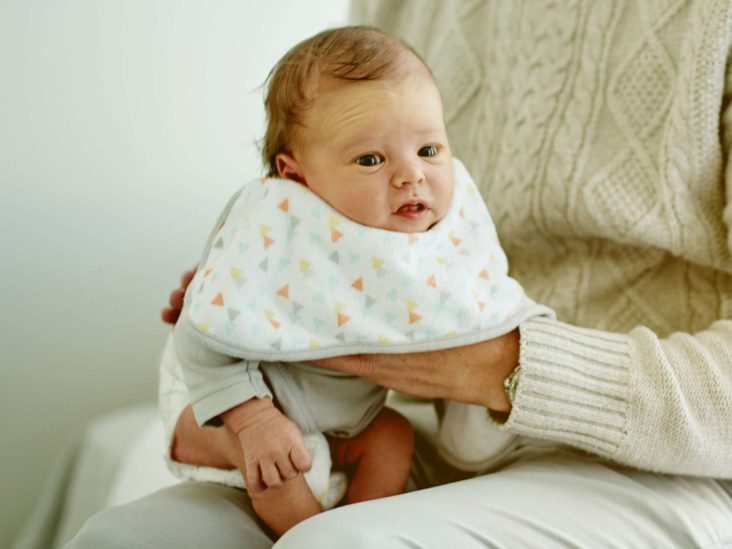
Rsv In Babies Symptoms Treatment And When To See A Doctor
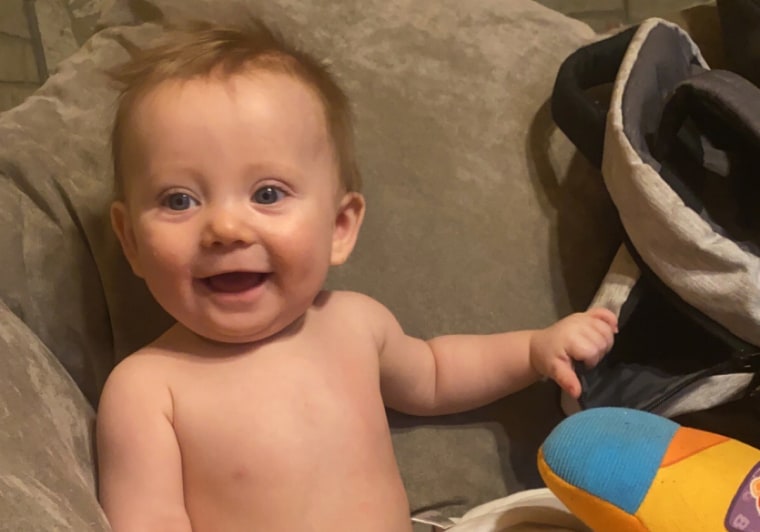
Rsv Treatment May Prevent Respiratory Virus In Babies

Respiratory Syncytial Virus Rsv National Foundation For Infectious Diseases
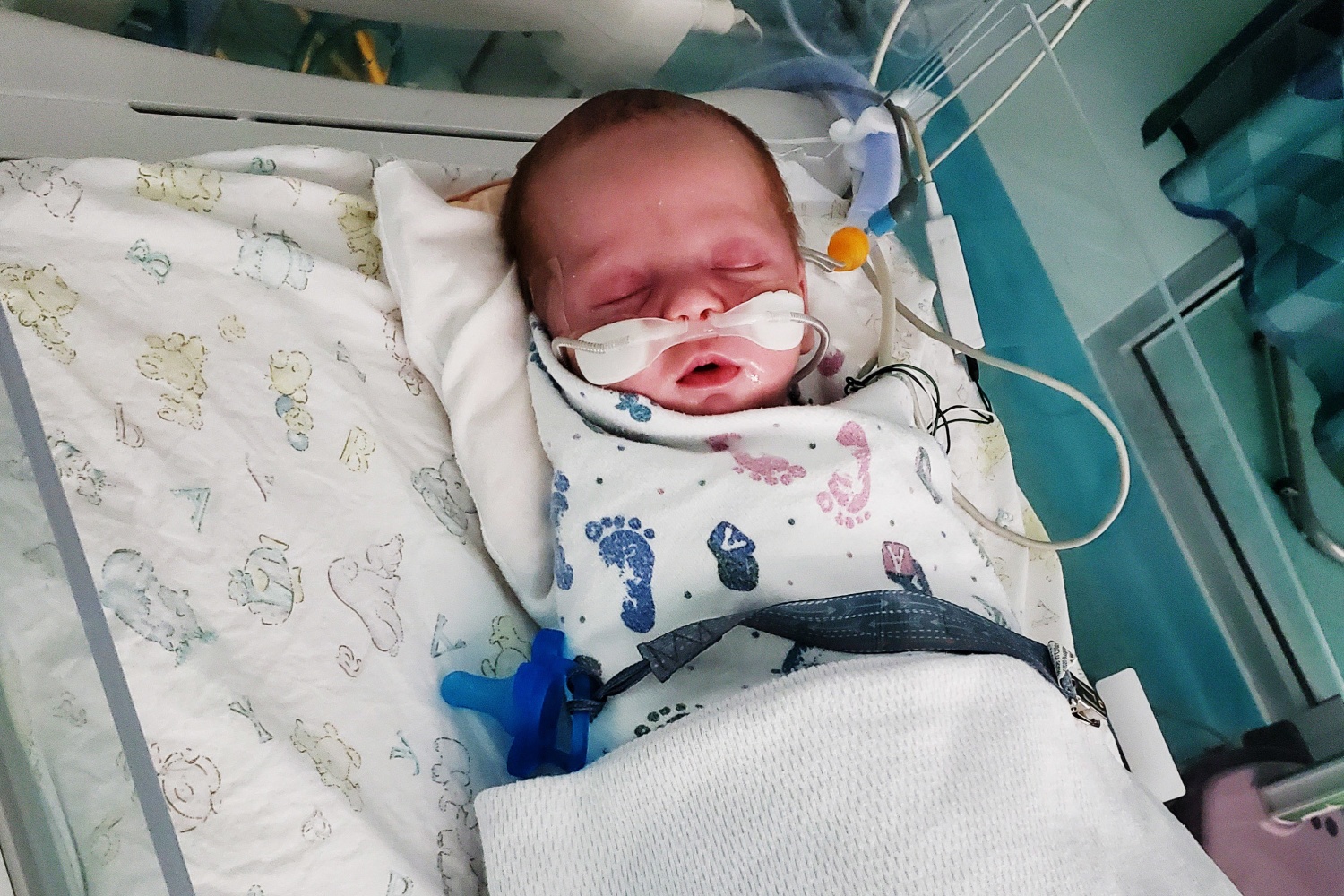
Rsv Treatment May Prevent Respiratory Virus In Babies
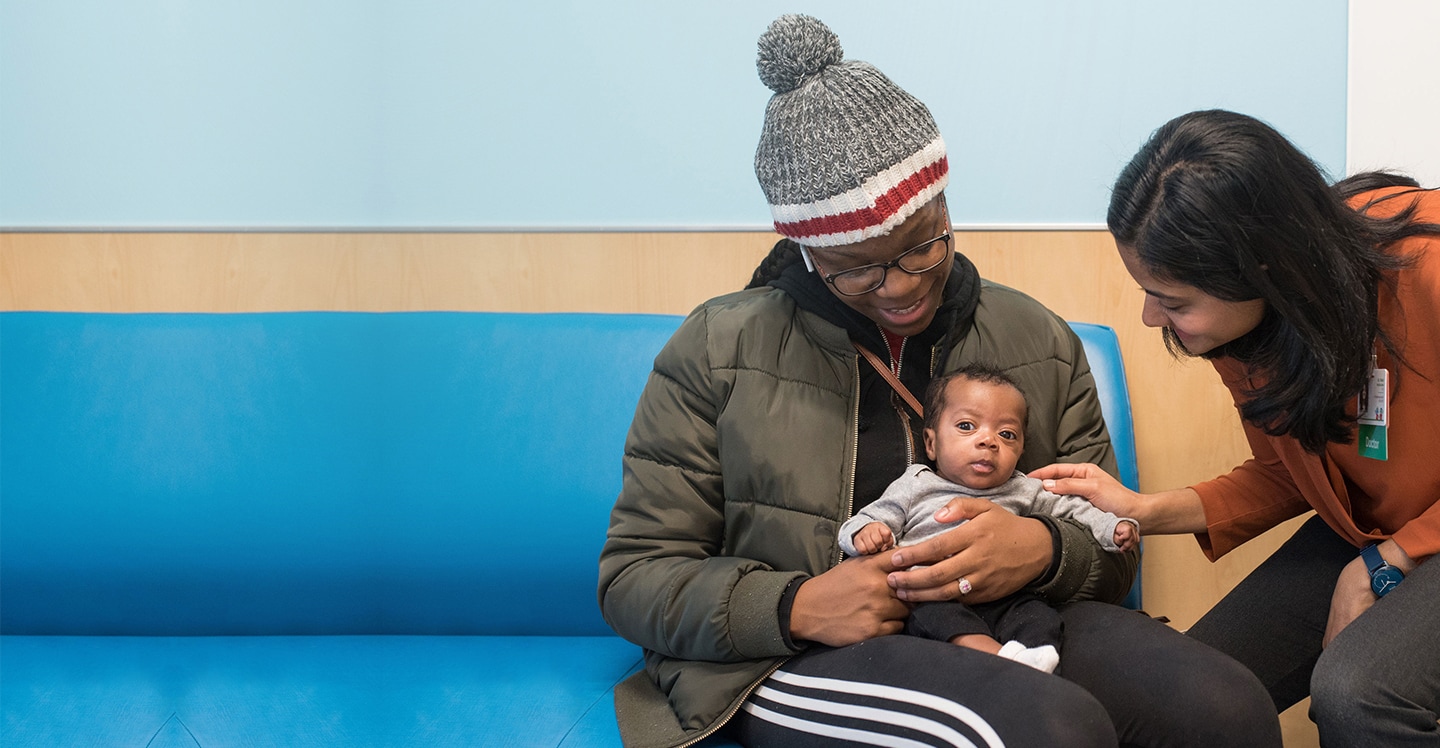
Rsv In Babies And Children Children S Healthcare Of Atlanta
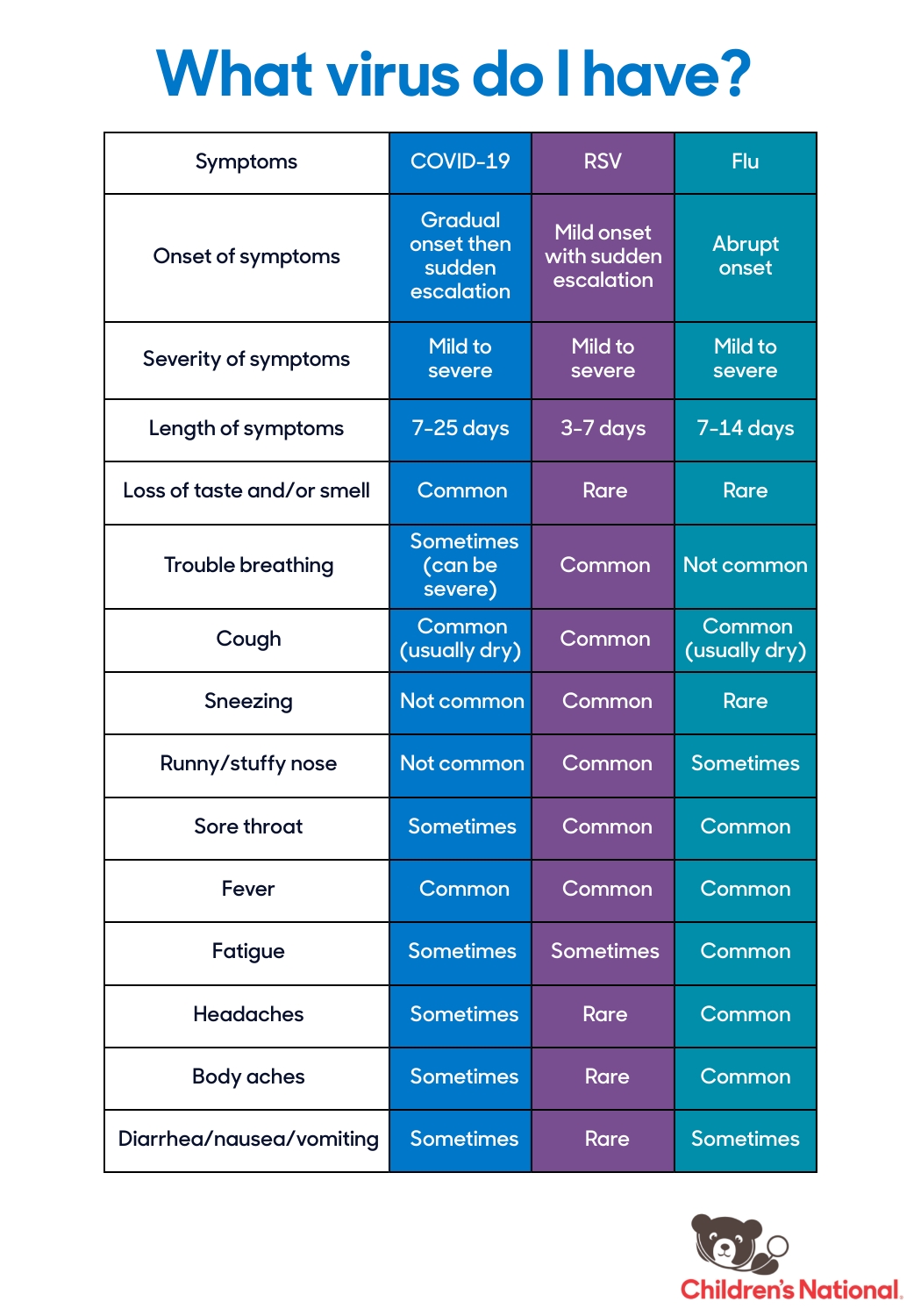
Covid 19 Vs Rsv Vs Flu Children S National

Here S What Your Baby S Cough Could Mean Texas Children S Hospital

A Naturopathic Approach To Treating Respiratory Syncytial Virus Rsv Bronchiolitis Naturopathic Pediatrics



